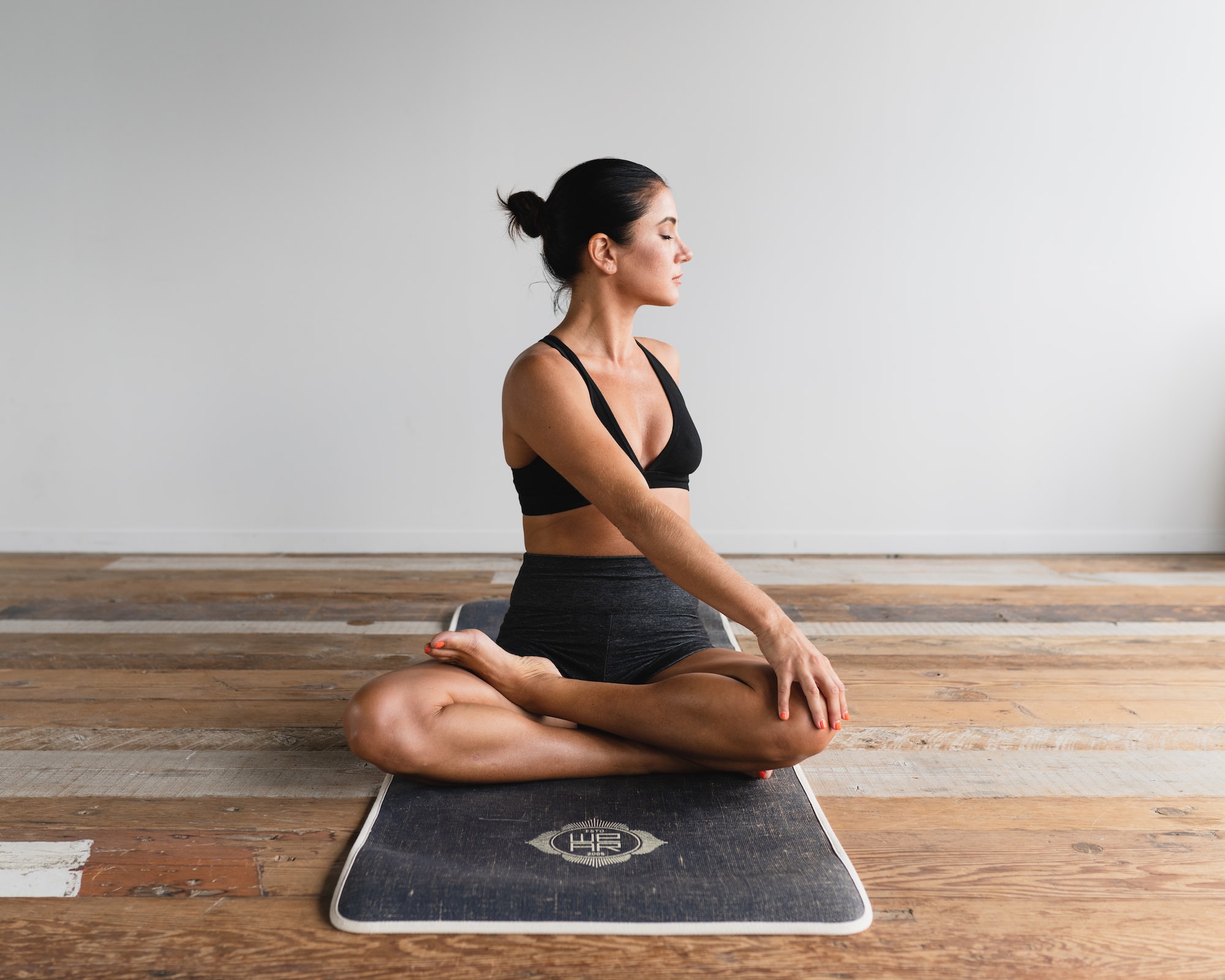Are you tired of feeling sluggish and out of shape? Do you want to improve your overall health and well-being? It’s time to kickstart your fitness journey! Fitness is not just about looking good; it’s about feeling strong, energized, and confident. In this comprehensive guide, we will explore the key aspects of fitness and provide you with practical tips to help you achieve your fitness goals.
Understanding the Importance of Fitness
Fitness is more than just hitting the gym or going for a run. It encompasses various components that contribute to your overall physical and mental well-being. Regular physical activity can help reduce the risk of chronic diseases, improve cardiovascular health, boost mood, and increase longevity.
The Benefits of Regular Exercise
- Improved cardiovascular health: Engaging in aerobic activities like running, swimming, or cycling strengthens your heart and improves blood circulation, reducing the risk of heart disease.
- Weight management: Regular exercise helps burn calories, build muscle mass, and increase metabolism, aiding in weight loss or weight maintenance.
- Enhanced mental well-being: Physical activity stimulates the release of endorphins, also known as “feel-good” hormones, reducing stress, anxiety, and symptoms of depression.
- Increased energy levels: Exercise boosts energy levels by improving oxygen and nutrient delivery to your muscles, making you feel more energized and productive throughout the day.
- Better sleep quality: Regular physical activity promotes better sleep patterns, helping you fall asleep faster and enjoy deeper, more restful sleep.
Designing an Effective Fitness Routine
Creating a well-rounded fitness routine is essential for achieving your goals. Here are some key components to consider:
1. Cardiovascular Exercise
Cardiovascular exercises elevate your heart rate, increasing endurance and improving overall fitness levels. Aim for at least 150 minutes of moderate-intensity aerobic activity or 75 minutes of vigorous-intensity aerobic activity per week. Some popular options include jogging, cycling, swimming, or dancing.
2. Strength Training
Strength training is crucial for building muscle mass, increasing strength, and improving bone density. Incorporate resistance exercises like weightlifting, bodyweight exercises, or using resistance bands into your routine. Aim for two to three strength training sessions per week, targeting major muscle groups.
3. Flexibility and Stretching
Flexibility exercises improve your range of motion, prevent injuries, and enhance overall mobility. Include activities like yoga, Pilates, or static stretching after your workouts. Stretching for 10-15 minutes a day can make a significant difference in your flexibility over time.
Nutrition: Fueling Your Fitness Journey
To achieve optimal fitness, it’s important to fuel your body with the right nutrients. A balanced diet will provide the energy, vitamins, and minerals needed for optimal performance and recovery.
1. Hydration
Staying hydrated is crucial for maintaining energy levels during exercise and supporting overall health. Drink water throughout the day and increase your intake during workouts. Aim for at least eight glasses of water per day.
2. Balanced Diet
Focus on consuming a variety of nutrient-dense foods such as fruits, vegetables, lean proteins, whole grains, and healthy fats. Avoid excessive processed foods, sugary beverages, and empty calories. Consider consulting a registered dietitian to tailor a nutrition plan to your specific needs.
3. Pre and Post-Workout Nutrition
Fuel your workouts by consuming a balanced snack or meal containing carbohydrates and protein before exercise. After your workout, replenish your body with a combination of protein and carbohydrates to aid in muscle recovery and replenish glycogen stores.
Staying Motivated and Overcoming Challenges
Maintaining long-term fitness requires commitment and motivation. Here are some strategies to help you stay on track and overcome common challenges:
1. Set Realistic Goals
Set specific, measurable, attainable, relevant, and time-bound (SMART) goals that align with your fitness aspirations. Break them down into smaller milestones to celebrate your progress along the way.
2. Find an Accountability Partner
Having a workout buddy or joining a fitness community can provide support, motivation, and accountability. Share your goals with someone who can help keep you on track and provide encouragement when needed.
3. Mix Up Your Routine
Avoid workout plateaus and boredom by incorporating variety into your fitness routine. Try new activities, join group classes, or explore different workout formats to keep things exciting and challenging.
Conclusion
Embracing a fitness-focused lifestyle can have numerous benefits for your physical and mental well-being. By understanding the importance of fitness, designing an effective workout routine, fueling your body with proper nutrition, and staying motivated, you can achieve your fitness goals. Remember, consistency is key, so start small, be patient, and celebrate every milestone along your fitness journey. Get ready to unleash the best version of yourself!

Leave a Reply